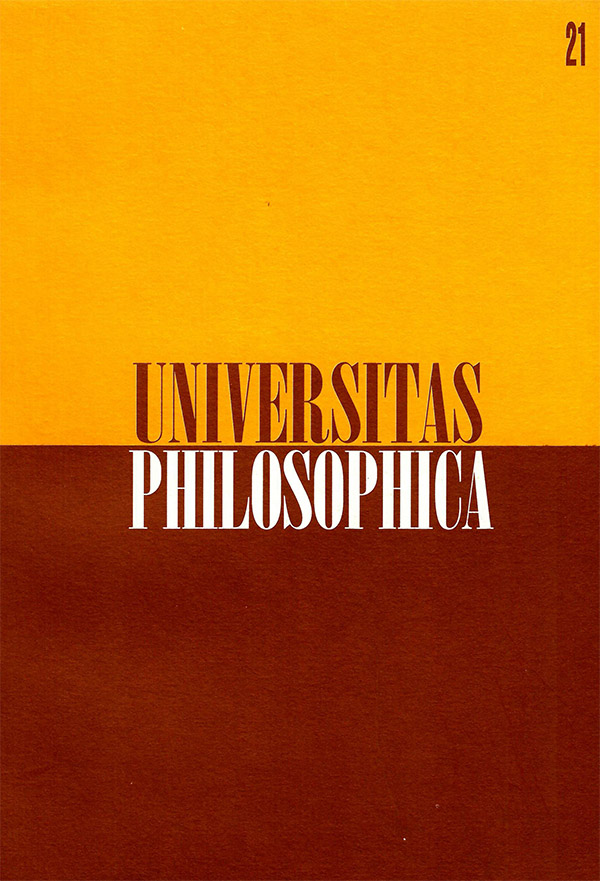Abstract
Los conceptos de realidad histórica y de praxis histórica constituyen el eje principal de la metafísica ellacuriana. Son dos conceptos inseparables que remiten recíproca y necesariamente el uno al otro. Para exponer el contenido del primero de ellos, Ignacio Ellacuría escribió su obra filosófica más importante, Filosofía de la realidad histórica, publicada un año después del brutal asesinato de su autor. En los capítulos finales que Ellacuría tenía previstos para esta obra -y que no llegó a escribir-, él había asignado un espacio para el segundo de estos conceptos. En el presente estudio se intenta exponer, en una forma aproximativa, lo que Ellacuría expresó, lamentablemente de manera circunstancial y dispersa, acerca del concepto general de praxis y, más específicamente, sobre el concepto de praxis histórica. Primero se ubica el concepto de praxis en el contexto general del pensamiento ellacuriano y se muestra su relación con el concepto de realidad histórica, luego se analiza, desde varias perspectivas, el tema de la praxis en la obra de Ellacuría. El presente texto fue leído en el Primer Congreso Internacional Xavier Zubiri, celebrado en Madrid en julio del presente año.This journal is registered under a Creative Commons Attribution 4.0 International Public License. Thus, this work may be reproduced, distributed, and publicly shared in digital format, as long as the names of the authors and Pontificia Universidad Javeriana are acknowledged. Others are allowed to quote, adapt, transform, auto-archive, republish, and create based on this material, for any purpose (even commercial ones), provided the authorship is duly acknowledged, a link to the original work is provided, and it is specified if changes have been made. Pontificia Universidad Javeriana does not hold the rights of published works and the authors are solely responsible for the contents of their works; they keep the moral, intellectual, privacy, and publicity rights.
Approving the intervention of the work (review, copy-editing, translation, layout) and the following outreach, are granted through an use license and not through an assignment of rights. This means the journal and Pontificia Universidad Javeriana cannot be held responsible for any ethical malpractice by the authors. As a consequence of the protection granted by the use license, the journal is not required to publish recantations or modify information already published, unless the errata stems from the editorial management process. Publishing contents in this journal does not generate royalties for contributors.


